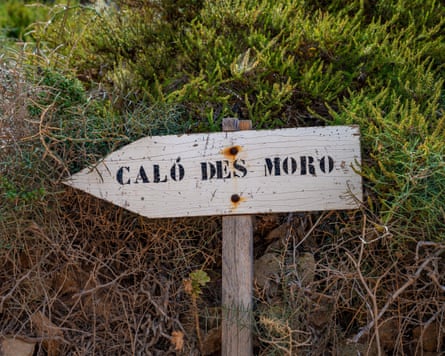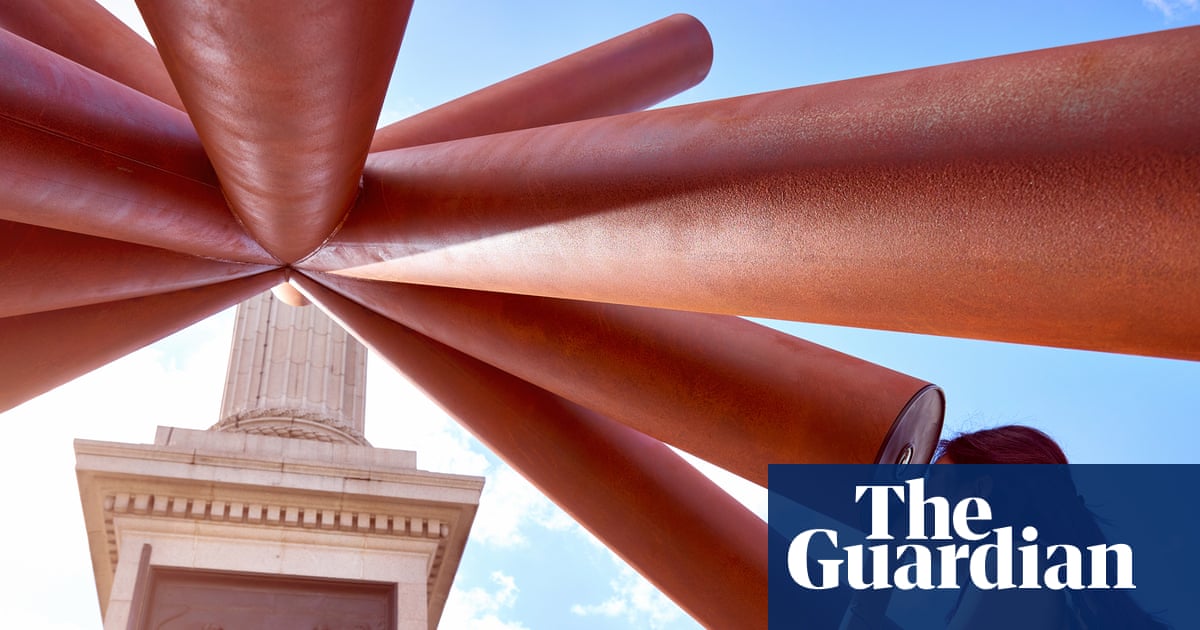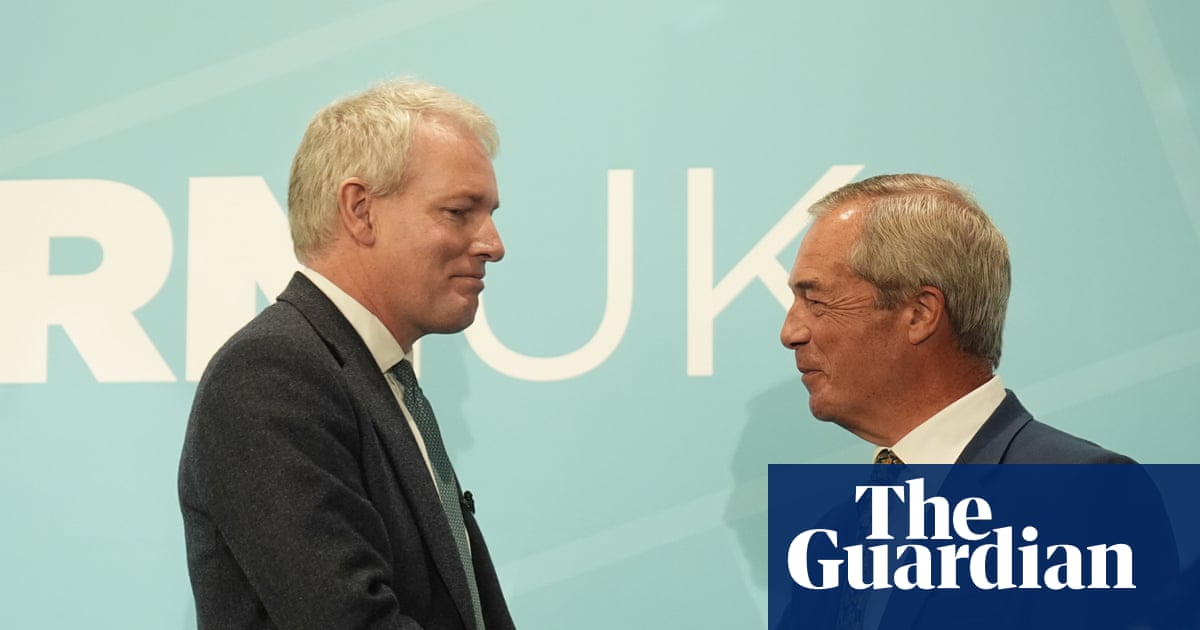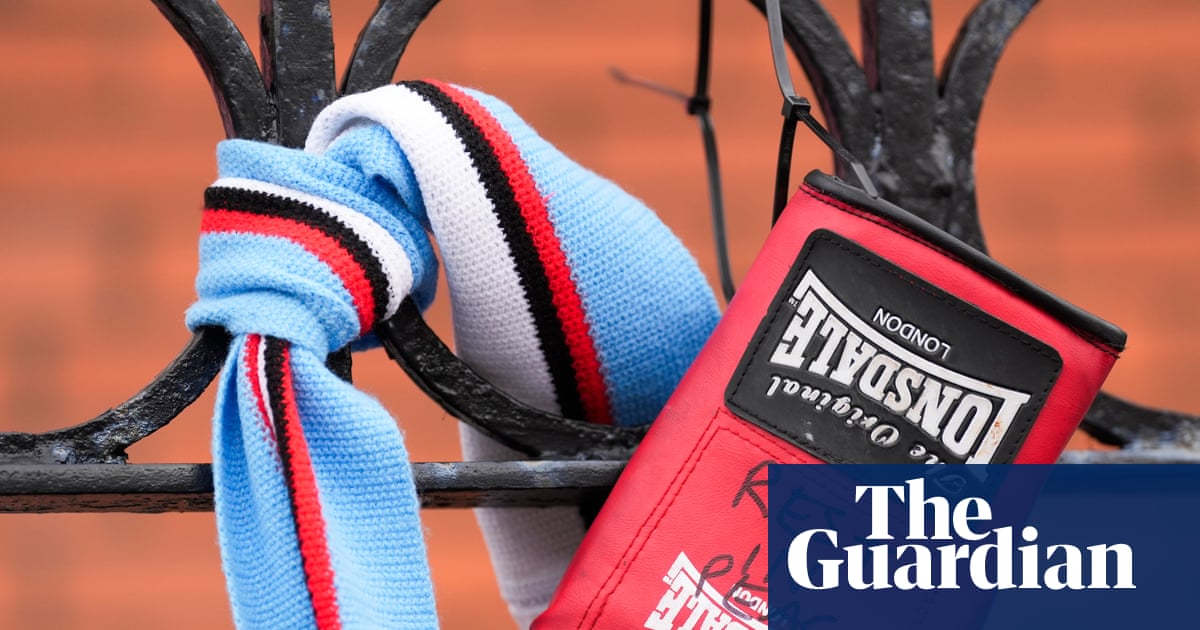The authorities in Spain’s Balearic Islands have said they will stop using social media influencers to promote popular destinations, saying “selfie tourism” is damaging some of its most beautiful locations.
In an attempt to quell the effects of overtourism, the Balearics had hoped that influencers, many of whom have hundreds of thousands of followers, might relieve the strain on some better-known sites by directing visitors elsewhere.
The strategy has backfired, however, as often remote and environmentally sensitive parts of the islands have become overwhelmed with visitors who take selfies, post them on social media and leave.
“It’s had the completely opposite effect to what was intended and runs contrary to government policy on containing tourism,” said a spokesman for the Balearic tourism department at the weekend.

The Caló des Moro, a tiny cove in Mallorca with capacity for about 100 people, is a case in point. After an influencer directed their many followers to enjoy its pristine waters and golden sands, the location was swamped daily by thousands of visitors.
Last June, María Pons, the local mayor, held a press conference saying that 4,000 people and 1,200 vehicles were going there every day. She pleaded with journalists and tour operators never to mention the cove again.
Now the local authority has removed all images of the bay from its website.
At Es Vedrà on Ibiza, the local authority has closed access to the popular lookout point after residents complained about overcrowding and accumulated waste.
The backlash against influencers extends from Bali, where the authorities have complained about tourists posing naked at sacred sites and imposed large fines on people filming in specific areas, to Vermont in the north-east United States where the small town of Pomfret, famed for its autumn foliage, has been forced to restrict tourists during autumn.
With Spain expecting record numbers of tourists this summer after close to 100 million visited last year, protests against the impact of mass tourism, in particular its effect on the cost of housing, have already kicked off, with a water pistol attack on tourists in Barcelona last month.
At the weekend, tens of thousands of protesters marched in the Canary Islands under the slogans “Massive tourism is making us homeless” and “TRhe Canaries are not for sale.” Last year the archipelago (population 2.2 million) received a record 17 million visitors.
Across Spain, the lack of affordable housing is the dominant social issue, with tourist apartments seen as the chief culprit. Last year the issue brought tens of thousands on to the streets of Tenerife, Palma de Mallorca, Sevilla, Madrid, Barcelona and elsewhere and similar protests are expected this year.
Meanwhile, Spain’s consumer affairs ministry, with the backing of the supreme court, has ordered the tourist apartment platform Airbnb to remove the listings of 65,000 illegal lettings across Spain. Last March, the ministry produced a list of 15,200 illegal tourist apartments in Madrid alone.
Airbnb has been threatened with fines of €100,000 (£84,000) or up to six times the value of the profits made from the illegal flats if it fails to comply.
The company has appealed against previous government requests to remove the adverts, but a Madrid court urged the California-based firm to “immediately” withdraw 5,800 ads, the ministry said in a statement.
A company spokesperson said Airbnb would continue to appeal and criticised the “indiscriminate methodology” of the ministry, which it said was not competent to enforce tourist accommodation rules.
The ministry “has deliberately ignored” Spanish supreme court rulings that meant not all adverts on Airbnb required a registration number, added the spokesperson.

.png) 3 months ago
55
3 months ago
55

















































